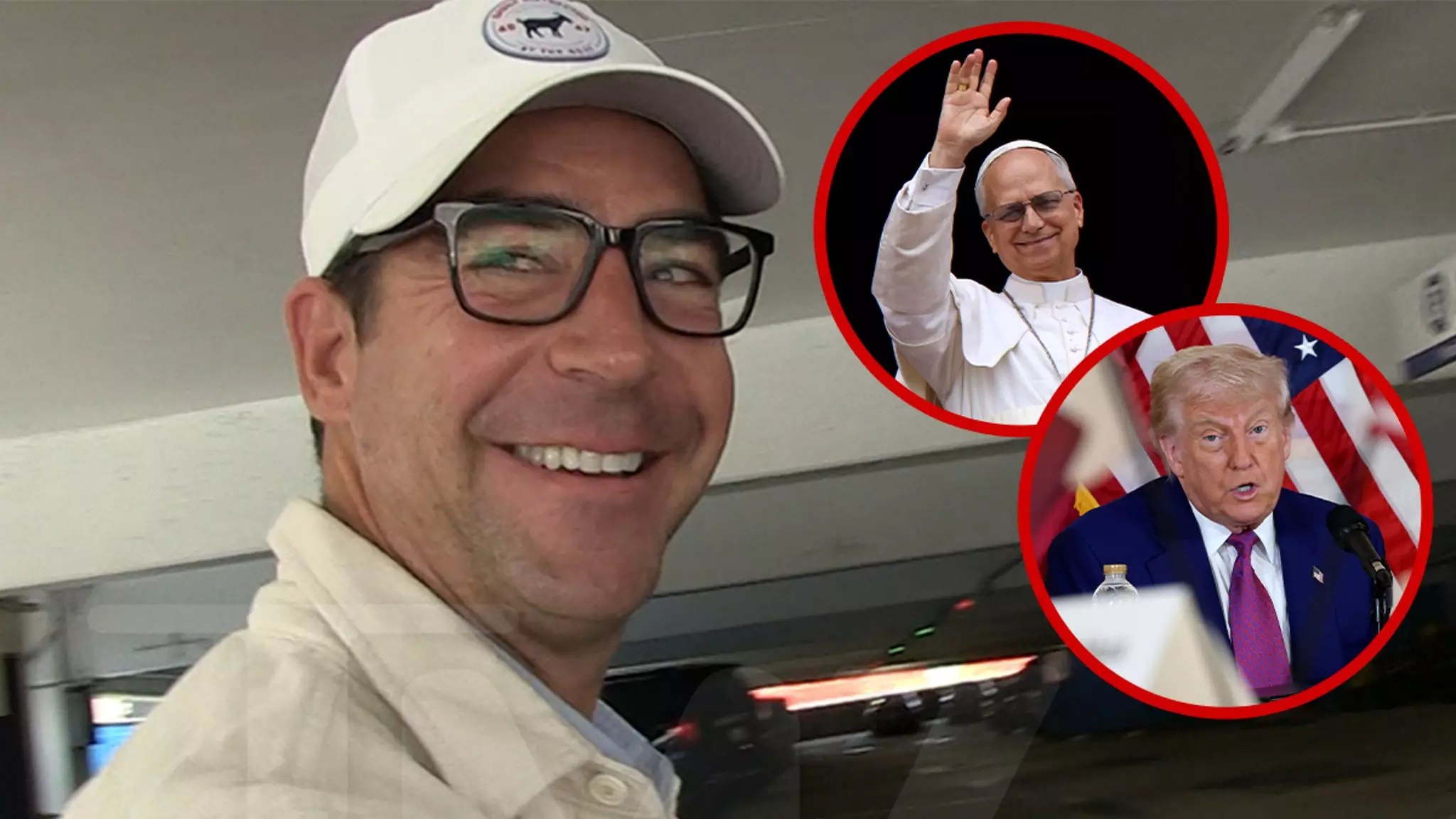In an intriguing interaction at LAX, Fox News host Jesse Watters shared his perspective on the impact of Pope Leo XIV’s liberal viewpoints on American politics. This exchange isn’t merely a lighthearted celebrity moment; it highlights a more profound divide between secular governance in the U.S. and religious authority. Watters articulated a sentiment that resonates with many: the Pope’s moral compass may guide individuals and communities, but it holds minimal sway over the political machinery of the United States. Such views emphasize an American ethos that prioritizes self-determination and independence over external influences.
The Role of Religion in Political Discourse
Watters’ dismissal of the Pope’s opinions reflects a broader trend in American political culture—an inherent wariness towards religious figures attempting to influence secular politics. Historically, the intertwining of faith and governance has often been contentious. The founding principles of the United States were, after all, rooted in the idea of a separation of church and state. In the current climate, figures like Watters serve as a mirror to the sentiments of many conservatives who see religious leaders as having a limited role in their political lives. The reality is that while faith can inform personal values, it seldom dictates legislative outcomes.
Political Theater and Perception
In the same interview, Watters expressed skepticism regarding the invitation extended by Trump through Vance for Pope Leo XIV to visit the White House. This skepticism underscores the intricate dynamics at play between high-profile political figures and the Church. Watters’ assertion that the Pope is unlikely to travel to the U.S. reflects a deeper acknowledgment of priority; the Pope’s platform and focus are predominantly international, contrary to the parochial interests of American politicians. The prevailing sentiment suggests that such access to the Pope is often more about political theater than substantive discourse.
A Symbol of Cultural Disconnection
The juxtaposition of Watters’ perspective with the Pope’s liberal stance serves to illuminate cultural disconnection. In an era where many Americans can feel overwhelmed by complex global issues, the simplistically partisan response encapsulated in Watters’ remarks may resonate with a sizable demographic that seeks clear lines over nuance. Watters believes the political landscape will remain unchanged by papal pronouncements, reflecting a cultural zeitgeist that favors certainty and resolve in an often chaotic political environment.
Independence in American Governance
Ultimately, Jesse Watters’ viewpoint contributes to a larger dialogue about the nature of influence and authority. His remarks underscore a fundamental aspect of American governance—while values shaped by various institutions, including the Church, may inform individual beliefs, the systems of democracy and policy creation are robustly insulated from these influences. The belief that “America does our thing” encapsulates a defiant notion of individualism that has become central to the American identity. The people have continually shown a resilience that echoes through the ages, suggesting that their political direction will emerge from internal convictions rather than external pressures, regardless of who sits in the Vatican.







Leave a Reply